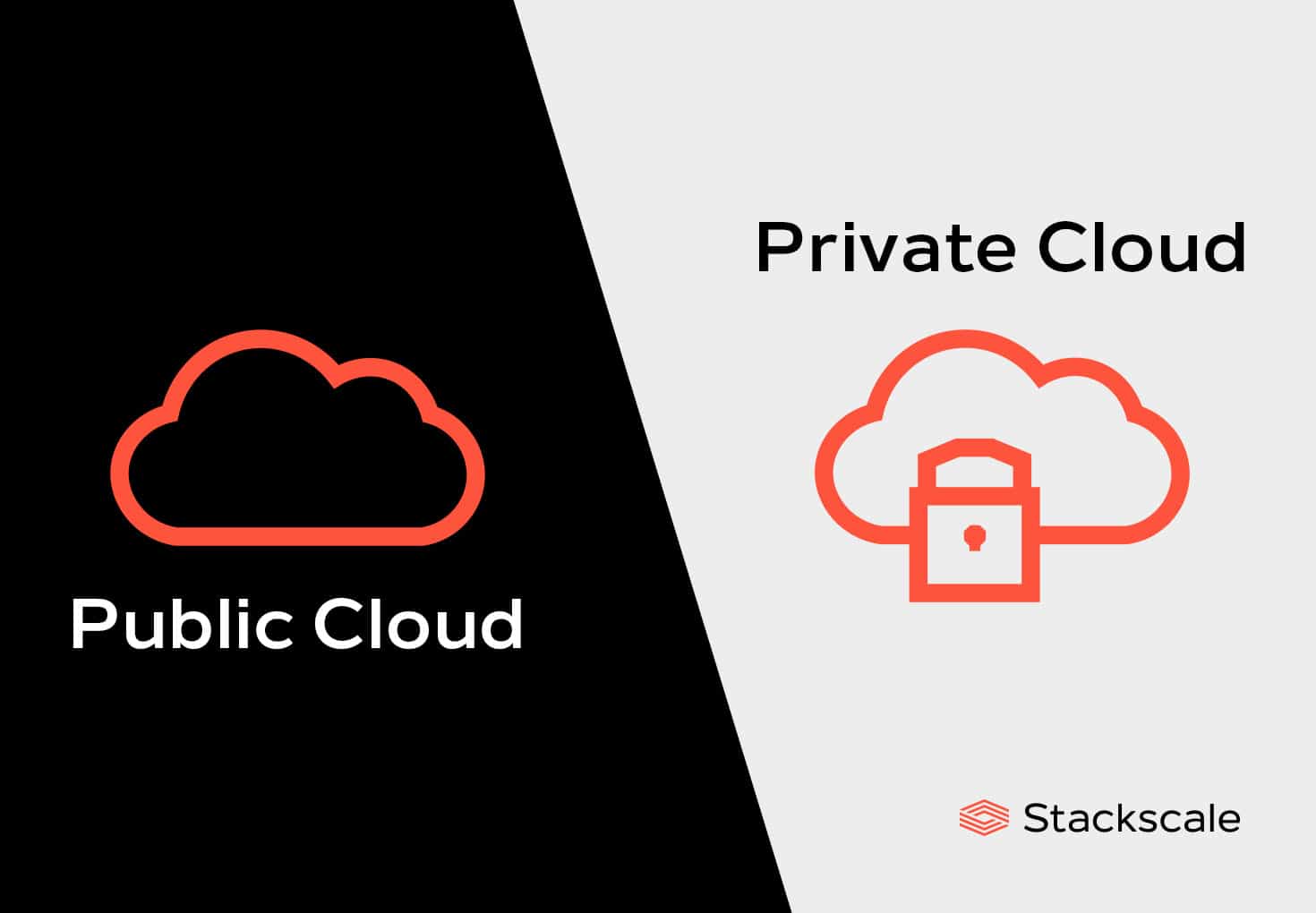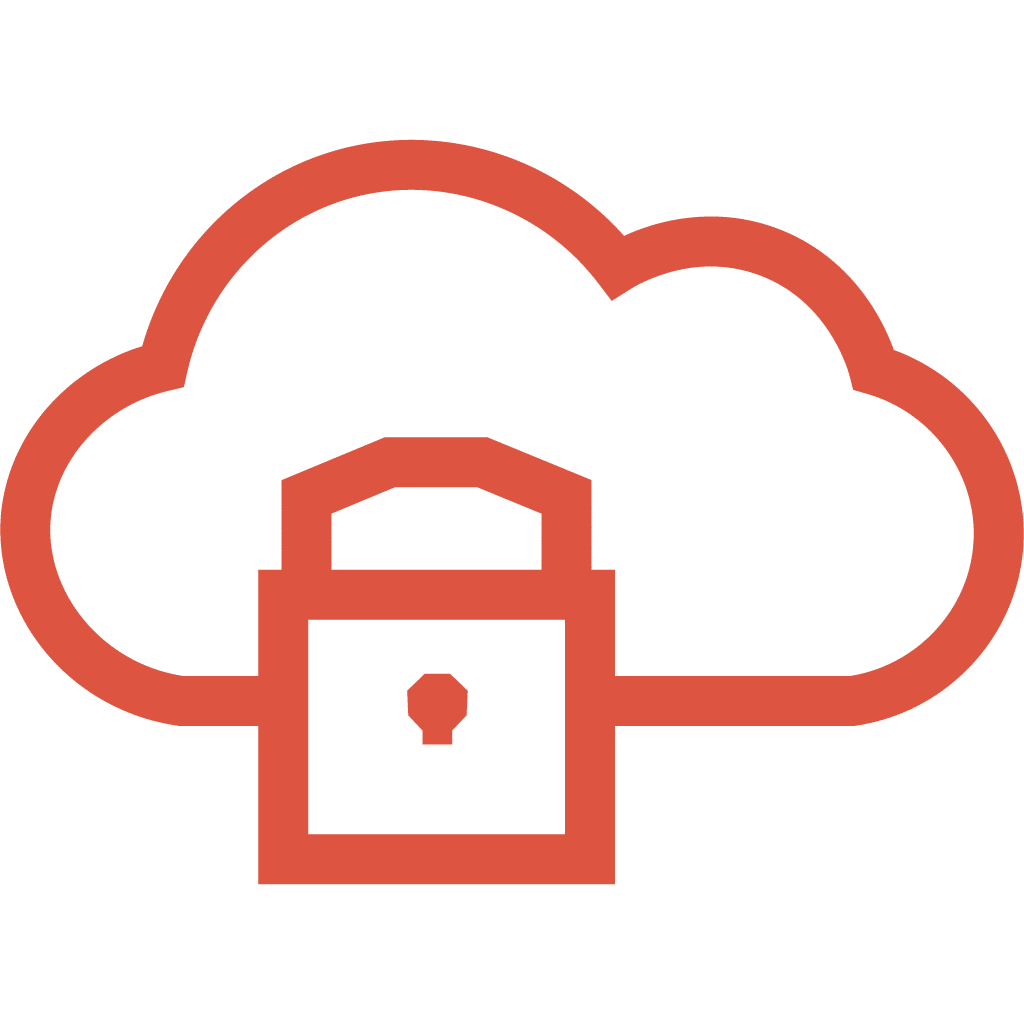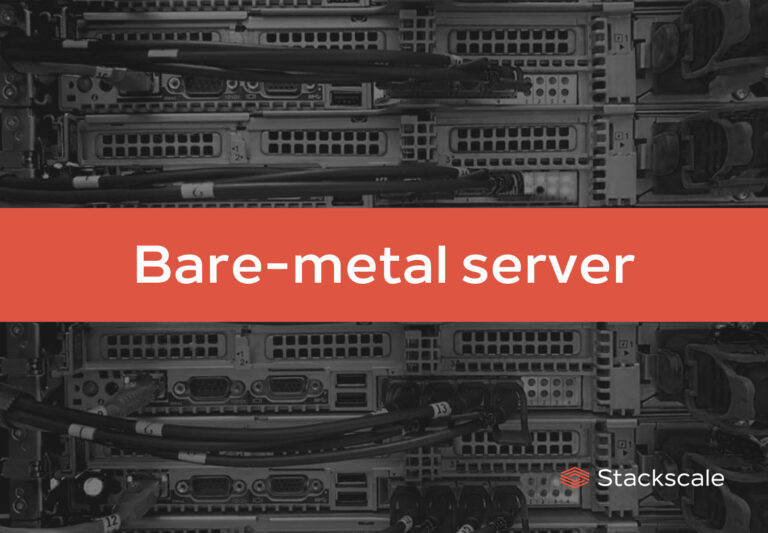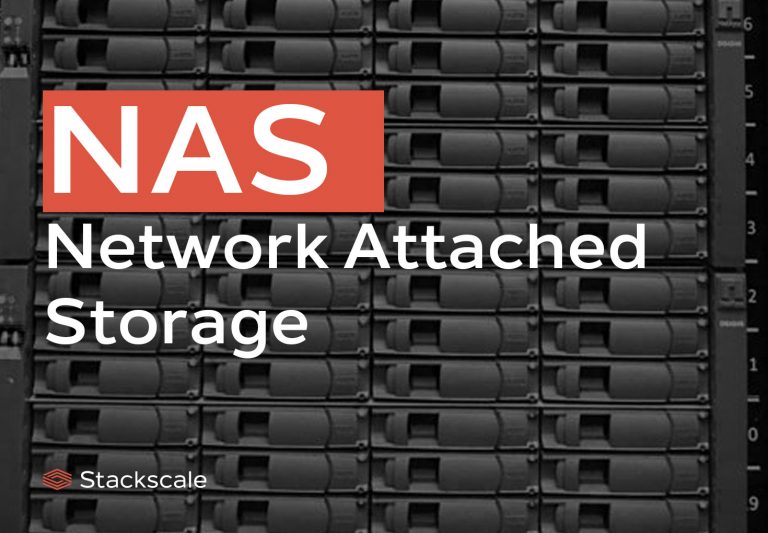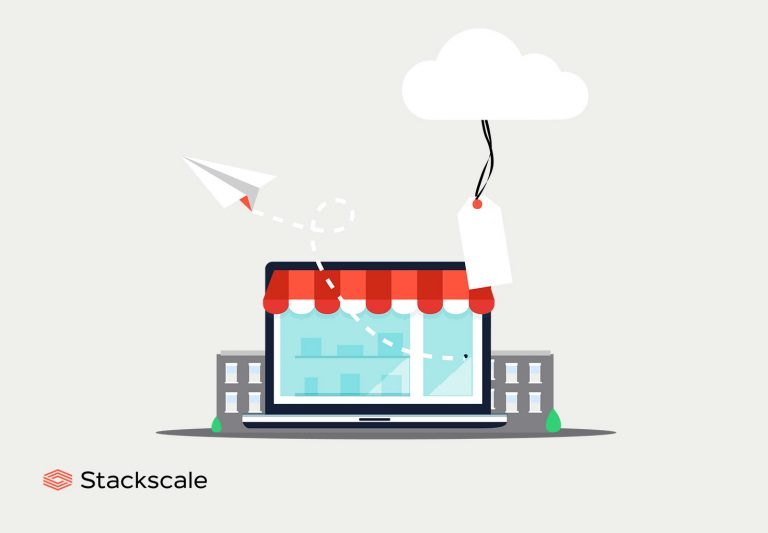Many companies wonder whether Private Cloud or Public Cloud is the best option for their business. On the one hand, a private cloud environment, like those we design at Stackscale, offers the best balance between performance, costs and scalability. On the other hand, a public cloud environment usually allows to deploy and scale resources at very low initial costs.
Although flexibility and cost-efficiency are two of the main benefits encouraging companies to migrate to the Cloud, there are many others to consider. In fact, from our point of view, the most important aspect when planning a migration should be the company’s real needs and goals.
In order to leverage all its benefits, companies should opt for a cloud solution that truly adapts to their business strategy.
The ability to adapt the IT infrastructure to the company’s needs at any time is essential in our ever changing globalized economy. However, it is not always easy to choose which is the best cloud service for a project, since there are many aspects to consider when choosing a cloud provider.
So, let’s go deeper into the Private Cloud vs. Public Cloud dilemma!
Dedicated resources vs. shared resources
The simplest and also the most important aspect to consider is whether the company can or wants to share its resources with other companies. On the one hand, in a private cloud solution, computing resources are exclusively used by each customer; allowing them to benefit from predictable performance. On the other hand, in a public cloud solution, several customers share the same infrastructure; something that can, in some cases, impact both their performance and budget.
At Stackscale, for instance, a private cloud environment is composed of one or several computing nodes of exclusive use connected through redundant links with guaranteed bandwidth. Besides, when combined with our completely redundant, low-latency network storage, customers can enjoy constant high performance without noisy neighbors. On the contrary, when resources are shared, some customers might be affected by the oversubscription of resources.
Moreover, in addition to enjoying predictable performance, relying on dedicated resources can also help keep costs under control more easily. According to the State of the Data Center Networking 2021 Annual Report released by Pluribus together with Enterprise Management Associates (EMA), about 75% of enterprise workloads will continue to be in the Private Cloud. This is mainly due to the fact that Private Cloud environments offer better levels of security, performance, compliance and cost-efficiency.
Performance, flexibility and predictability
When talking about performance and flexibility, predictability is also an important aspect companies should factor in. Unlike many people might think, most workloads are predictable. When an environment has been properly adapted, it is quite rare to be affected by huge traffic peaks that threaten its proper functioning. So, both types of cloud can provide great flexibility and scalability.
“The Public Cloud is often associated with greater flexibility, but the Private Cloud also has a lot to offer on this matter. The cost optimization offered by Stackscale’s Private Cloud allows our customers to oversize their environments to stand certain traffic peaks much more efficiently.”
— David Carrero Fernández-Baillo, co-founder and VP Sales at Stackscale
Flexibility to stand unusual traffic peaks is one of the advantages that is usually attributed to the public cloud. But this flexibility often makes costs increase significantly. In this regard, thanks to the cost optimization offered by private cloud solutions such as Stackscale’s, companies can oversize their environment to stand certain traffic spikes more efficiently. Nevertheless, when planning a campaign expecting an especially unusual quantity of traffic, it is always recommended to get the environment ready to ensure it works smoothly — as we explain in our article about getting IT infrastructure ready for Black Friday and Christmas.
Cloud costs transparency
It is well known that changing from CAPEX to OPEX brings many benefits in IT; specially in terms of investment. However, some businesses have felt disappointed after moving to a cloud model because costs have rocketed over time. This can happen when opting straightway for a public cloud solution, without considering other competitive cloud alternatives. Because, in most cases, a private cloud is a much more cost-efficient option.
It is undeniable that the public cloud offering can be very appealing for small businesses and startups that require a fast deployment, as well as a very low initial investment. However, as projects grow, the public cloud bill tends to go through the roof; among other reasons, because fast provisioning of resources can often lead to unnecessary costs. So, cost optimization and management is especially important when opting for a public cloud platform.
On the contrary, in a private cloud environment, resources are further adapted to the project’s needs. This enables better performance and greater control over time. Unlike big public cloud providers, whose pricing systems are usually complex and have bandwidth and computing “tolls”, at Stackscale we aim to make cloud costs easier, more transparent and predictable.
Cloud customization
Stackscale’s private cloud environments are easy to customize. Our sales and technical teams work together with each customer to provide the most suitable solution for their business. We know each project is unique and cloud customization can help optimize both performance and budget. Moreover, by enabling more specific and customized configurations, private cloud environments make the migration of legacy systems and applications easier.
Open standards and protocols
Furthermore, the same way businesses must be able to easily adapt their cloud environment to their needs, they must also have the possibility to change solutions whenever they need; without problems. That is why at Stackscale, as opposed to some public cloud providers, we use open standards and protocols to build our customers’ cloud environments. This way we can ensure interoperability and data portability; avoiding the risk of vendor lock-in.
Direct access to technical support
Technical support levels vary considerably among providers. Most public cloud providers’ support is often limited and customers must pay an extra fee for having access to different levels of support. On the contrary, at Stackscale we offer direct access to specialized technical support via email and phone to our customers, 24/7/365. Besides, hardware, storage, networks and hypervisors are monitored 24/7. Therefore, any issue can be noticed as soon as possible — proactively and even before it actually happens.
Resiliency and redundancy
Both private and public cloud solutions offer a higher level of resiliency and redundancy that on-premise solutions.
As for Stackscale’s cloud, every element within our infrastructure is redundant to provide a fault-tolerant service. In addition to trusting state-of-the-art data centers in Europe that implement the strictest security and redundancy measures — such as:
- at least N+1 power and cooling redundancy,
- early fire detection systems and
- 24/7 on site security staffing.
Our data centers’ network also enables us to offer High-Availability (HA), geographic replication and different Disaster Recovery solutions (DR).
Moreover, both types of cloud are based on a shared-responsibility model. Therefore, when a company outsources its infrastructure to an IaaS provider, it also keeps part of the responsibility. For instance: businesses must control who has access to the environment and they are also in charge of designing a disaster recovery plan.
To sum up, there is no “one-size-fits-all” when it comes to the cloud. But, while deciding whether to opt for a private or public cloud, it is important to remember that there are many interesting cloud alternatives on the market beyond the hyperscale cloud solutions. From our experience, every company has specific requirements which should be carefully evaluated. That is why the Stackscale team works together with every customer to try to find the right IT solution for their company.

